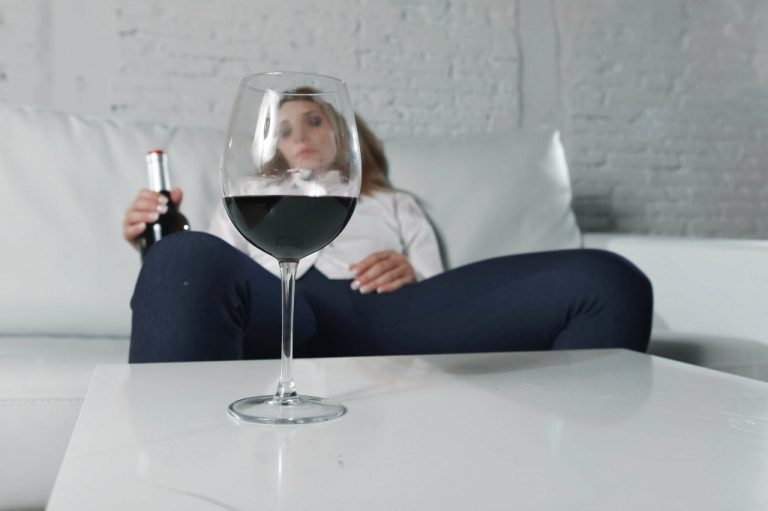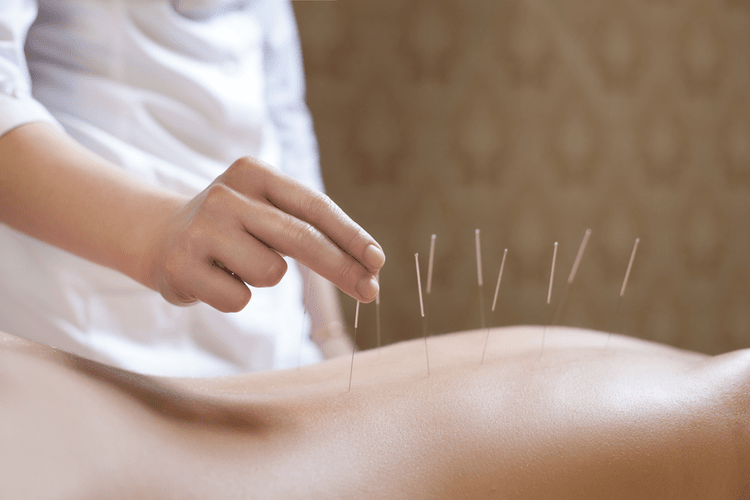At Warriors Heart, we specialize in assisting veterans, first responders, and active duty military personnel with mental health and recovery issues. If you’ve reached a point where you view drinking alcohol before bed to be a necessity, please reach out to us today. https://ecosoberhouse.com/ Our trained addiction specialists can help you return to normal. The journey to healing and stability starts with one call, so get started today. Insomnia after drinking alcohol may occur as the user begins to come down, even after smaller doses of the substance.
The responses to comments on fitrecovery.com are designed to support, not replace, medical or psychiatric treatment. Please seek professional care if you believe you may have a condition. I was then given a large supply of Trazadone to take each night. I stopped taking it after about a week because it made me feel extremely groggy the next day. My own continuing insomnia gave me the motivation to slowly discover the gentler remedies contained on this list. I still use lemon balm and chamomile on a near-daily basis, and I use passion flower with great results whenever I have serious trouble sleeping.
Remedies To Use If You Quit Drinking and Can’t Sleep
Because of drinking’s negative impact on sleep cycles, a person does not sleep as well if they drink before bed. When it comes to insomnia and alcohol withdrawal, sleep disorder can be a huge danger for two reasons. Firstly, an inability to sleep is a danger to a person’s health. A lack of sleep can have a severe effect on mental health, making moods inconsistent, inducing depression and worsening anxiety. It can also take a large physical toll on the body, as it struggles to recover from the other withdrawal symptoms, due to not getting a sufficient amount of rest. However, some people feel they can’t sleep unless they have had alcohol.

Alcohol interferes with these circadian rhythms regulating the liver, and can contribute to compromised liver function, liver toxicity, and disease. This type of behavioral therapy works to improve your sleep efficiency, or the time you spend asleep divided by the time you spend in bed. The first treatment for insomnia in recovery is sobriety, and many patients will see improvement.
Press Play for Advice On Sleep Hygiene
Also alcohol also increases the likelihood of sleep apnea, snoring, and disrupted breathing during sleep, which can lead to daytime fatigue, decreased concentration, and mood swings. Alcohol is a depressant that affects the central nervous system, slowing down brain activity and inducing feelings of relaxation and sedation. When alcohol is consumed, it initially how to fall asleep without alcohol has a stimulating effect that can make the person feel more alert and sociable. However, as the alcohol is metabolized by the body, it causes a sedative effect that can make the person feel drowsy. Furthermore, alcohol can also worsen existing sleep problems, such as snoring and sleep apnea, which can further interfere with your sleep quality.
- Please let me know if you are interested so we can discuss.
- Changing your bedtime routine may not be easy, so try implementing one or two of these habits first, then tackling the others.
- Therefore, helping your body to adjust is the best way to prevent further restless nights.
- The key often lies in changes to your routine during the day and when you go to bed.
- If you shortchange yourself on sleep, you will burn out and harm your health in more ways than one.
Insomnia is a common condition where a person has trouble falling asleep or staying asleep. Up to 40% of the general population experiences insomnia, while as many as 72% of people with an alcohol use disorder may have the condition. When you have sleep apnea, drinking can make the breathing interruptions last longer when you are asleep, leading to more awakenings. Studies have shown that people who drink and have sleep apnea are at a much higher risk of traffic accidents than people with sleep apnea who do not drink alcohol. Drinking to fall asleep can cause or worsen some health issues over time. These include breathing issues like sleep apnea, which is linked to drinking.
Getting to the Root Cause of Drinking
Therefore, helping your body to adjust is the best way to prevent further restless nights. The most effective time of day for the body to metabolize alcohol, according to research? That’s right, the traditional “happy hour” time is actually when the body is most prepared to process that cocktail. If that mimosa with brunch hits you particularly hard, it may be the result of circadian timing. The gut and its microbiome are often referred to as the body’s second brain, and operate under powerful circadian rhythm activity.
- Because alcohol can have a depressive effect on the brain, drinking may help some people fall asleep faster.
- Identifying and treating any underlying causes can help you get the better sleep you deserve.
- If you’re planning on heading out for a night that will involve some drinks, there are some things you can do to help you sleep afterward.
- This is particularly true if you drink within an hour of bedtime.
- Long-established research shows the body metabolizes alcohol differently at different times of day.
If this pattern repeats daily, a person is more likely to become dependent upon alcohol to fall asleep. In an attempt to fall asleep, some people have a drink before bed. One study shows that this is the reason about 10% of people drink alcohol. Because alcohol can have a depressive effect on the brain, drinking may help some people fall asleep faster.
If you’ve been using alcohol to sleep for a while, you might think you can’t sleep without drinking. Your body and brain tell you that you need the initial relaxation to wind down, but this is not necessarily true. Research shows alcohol often has a detrimental effect on your ability to access high quality, deep sleep. Even if you do fall asleep faster after a drink, you’re likely to have a disturbed night. Sleep is as important to your health as a healthy diet and regular physical activity. Whatever your reason for sleep loss, insomnia can affect you both mentally and physically.

